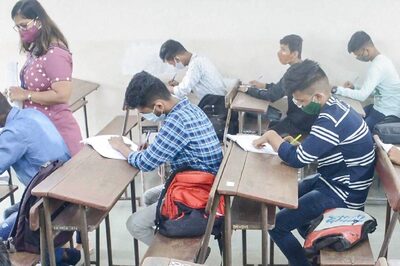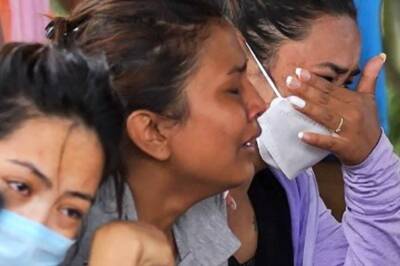
views
window._taboola = window._taboola || [];_taboola.push({mode: 'thumbnails-a', container: 'taboola-below-article-thumbnails', placement: 'Below Article Thumbnails', target_type: 'mix' });Latest News
Prime Minister’s Economic Advisory Council (PMEAC) chairman C Rangarajan said that coming of foriegn retail might not entirely spell doom for the local kirana stores in the country. But the retailers must strengthen themselves.
“Once the share of overall modern retail in food reaches about 25-30 per cent, it is bound to affect the kirana traders and then the small and marginal traders,” Rangarajan told reporters here on Friday.
He was, however, quick to add that kirana stores can become part of modern retail by getting assimilated into the organised sector.
Last week, the government allowed up to 51 per cent foreign direct investment (FDI) in multi-brand retail and hiked the limit of overseas investment in single-brand retail to 100 per cent, evoking sharp criticism from the opposition.
Rangarajan’s remarks standing in contrast to the government’s attempt to keep the debate focused on the positive aspects, such as the projected creation of over one crore jobs. Rangarajan, a former governor of RBI, however, chose not to dwell on the either job creation or FDI’s easing effect on the country’s current account deficit. He conceded that mom-and-pop stores would be hit, but noted that unorganised and organised retailers will co-exist.
“They (small retailers) will continue to remain. In fact, the international experience shows that even in advanced countries where there are large department stores operating, mom and pop stores have not disappeared. They continue to exist,” he explained.
Speaking to the media after a conference on ‘Organised Retailing Vis-à-vis the Farm Economy of India,’ Rangarajan stressed the need for small traders to strengthen themselves. “This is something that small retailers will have to do on their own. To some extent, farmers can be helped along by the government, NGOs or other agencies,” he said, adding that the present marketing arrangements could be improved with foreign investors stepping in.
According to a report by BCG and CII, modern retail has grown at 24 per cent in the last three years as against 10-12 per cent growth registered by traditional retail. “FDI would also lead to a commensurate growth in related infrastructure as 50 per cent of the total FDI brought in has to be invested in ‘back-end infrastructure’ within three years of the induction of FDI,” Rangarajan said. Back-end infrastructure includes processing, manufacturing, distribution and design improvement.

















Comments
0 comment